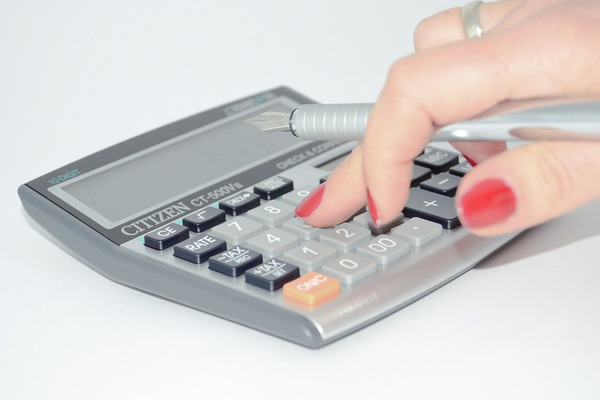A Quick Guide to Estimating the Value of Your Home, and Why You Might Need it
Posted: September 30th, 2021
Your Home’s Value Has Changed
There’s a good chance the house you’re in now has fluctuated in value since you moved in. A number of factors determine the value of your home, including the strength of the economy in your location, availability of jobs, updates or changes to your neighborhood, and any improvements or damages to your house itself. If you’re reading this from your home in Brevard County, we would guess that your home’s value has increased -- according to Zillow, home values in Brevard have increased by 21.6% over the past year.
Knowing the value of your home can be helpful for any homeowner, even if you’re not ready to sell your home just yet. But how do you arrive at those estimated home values you see on every home search site you use? In this blog, we’ll help you find the best tools to discover your home value when you need it.
Why Your Home’s Value is an Important Tool
Before we talk about the “how,” let’s discuss the “why.” As you may already know, you need to know your home’s value before you list it for sale. This is a great first step to determining a reasonable asking price as well as giving you a price range for the next home you buy. It may seem like a no-brainer, but we want to reiterate just how important it is to get your home’s price right when you go to sell. If you price too high, your property may sit on the market for a while; but if it’s priced too low, you’re not getting the best value for your home sale.
If you’re planning to stay put, it still doesn’t hurt to know your home’s value for a couple of reasons:
- Mortgage Refinancing. Homeowners choose to refinance their mortgages to access a number of benefits like reducing monthly payments, getting a lower interest rate, or paying off the mortgage faster.
- Getting Rid of PMI. PMI, or private mortgage insurance, is an extra cost that may be included in your mortgage payments if you put less than 20% as a down payment. However, if your mortgage balance is 80% or less than the updated value of the home, you can speak to your lender about removing the PMI charge.
How to Find Your Current Home Value
There are a handful of different ways to check your updated home value. If you’re just looking out of curiosity, you can always use one of a number of free home value estimate tools online. Home search tools like Zillow offer rough estimates of a property’s value based on public records as well as user-submitted data. However, remember that these tools offer rough estimates that aren’t considered official data when it comes time to talk to a lender.
If you want to dig a little deeper and do your own research, you can gather info on recent sales prices of homes comparable to your own. Using a directory like Ellingson Properties’ recently sold listings page, you can gain insight on your own home’s value based on homes with similar features and in similar neighborhoods. Of course, no two homes are the same, and even small upgrades can make a huge difference in price.
The most reliable way to see your current home value is to ask your Realtor for a comparative market analysis. Essentially, this involves a similar process to the research described above, but it’s performed by the pros. A real estate professional can use their market knowledge and expertise in the field to give you the most accurate number.
Building Your Plan
Knowing your home’s value is the first step to a number of different processes, from selling your home to refinancing your mortgage. You can use free online tools to gain a little insight, but the most accurate way to determine your home’s value is with a competitive analysis from a real estate professional. To learn more about your home’s value, get in touch with one of Ellingson Properties’ team members by calling 321-750-7050 today.

